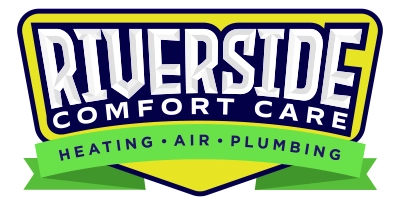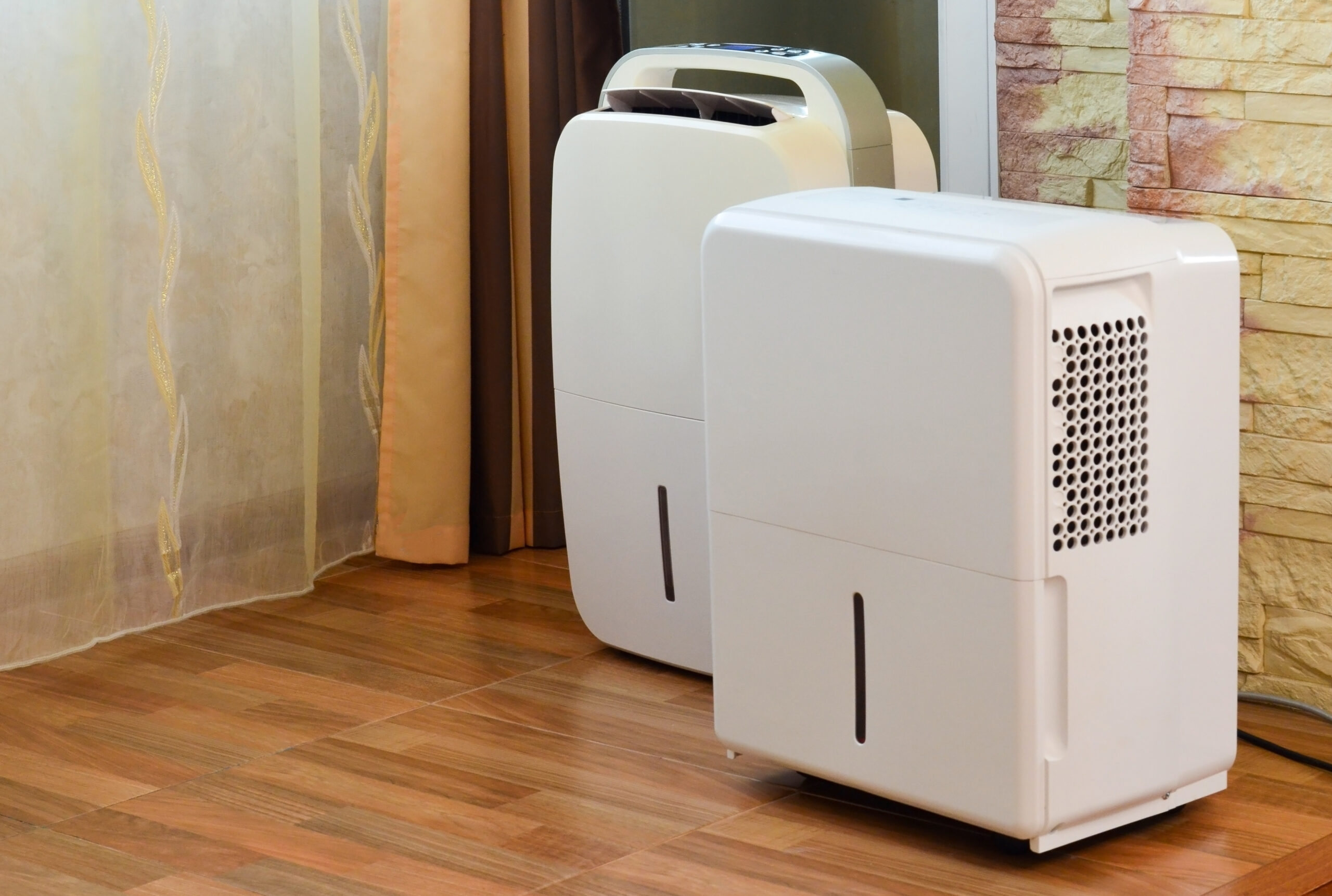Maintaining indoor air quality is crucial for your health and comfort, especially if you suffer from allergies, asthma, or excessive humidity in your home. You may be wondering, air purifier vs dehumidifier—which one is the best solution for your space? While both devices improve indoor air conditions, they serve different purposes. Understanding their differences can help you make an informed decision. However, for professional advice tailored to your home, it’s always best to consult an HVAC specialist who can properly diagnose your air quality needs.
Air Purifier vs Dehumidifier: Understanding Their Purpose
What Does an Air Purifier Do for Indoor Air Quality?
An air purifier is designed to remove airborne pollutants such as dust, pet dander, pollen, mold spores, and bacteria. These devices use filters like HEPA (High-Efficiency Particulate Air) and activated carbon to capture and neutralize harmful particles, improving air quality significantly.
Benefits of Using an Air Purifier in Your Home
- Reduces allergens, making breathing easier for those with asthma or allergies.
- Eliminates airborne bacteria and viruses, promoting better overall health.
- Removes unpleasant odors from cooking, smoking, and pets.
- Enhances sleep quality by reducing airborne irritants that may trigger congestion.
Learn more about air purification solutions for your home.
How Does a Dehumidifier Improve Air Quality?
A dehumidifier controls moisture levels by removing excess humidity from the air. This is especially useful in damp environments where mold growth, dust mites, and musty odors thrive.
Key Benefits of a Dehumidifier for Your Home
- Prevents mold and mildew growth by reducing moisture.
- Helps eliminate musty smells caused by excess humidity.
- Makes indoor spaces feel cooler and more comfortable.
- Protects furniture, electronics, and walls from moisture damage.
Check out this guide on dehumidifiers to understand their importance in humidity control.
Air Purifier vs Dehumidifier: Which One Should You Choose?
Signs You Need an Air Purifier for Healthier Indoor Air
- You suffer from allergies, asthma, or respiratory issues.
- Your home has excessive dust accumulation.
- You experience frequent odors from pets, smoke, or cooking.
- You want to reduce airborne bacteria and viruses.
- Seasonal allergies are impacting your daily comfort.
Signs You Need a Dehumidifier to Control Moisture Levels
- Your home has condensation on windows or damp walls.
- There is a musty odor in basements or bathrooms.
- You notice mold or mildew forming on surfaces.
- The air in your home feels sticky or clammy.
- You experience increased pest problems due to excess moisture.
Can You Use Both an Air Purifier and a Dehumidifier for Maximum Air Quality?
Absolutely! In many cases, using both devices together provides the best indoor air quality. While an air purifier removes airborne pollutants, a dehumidifier maintains proper humidity levels, reducing the chances of mold and dust mites. If you’re unsure which solution is right for you, Riverside Comfort Care can assess your home’s air quality and provide expert recommendations.
For additional insights, read this comparison of air purifiers and dehumidifiers.
Choosing Between an Air Purifier vs Dehumidifier: Factors to Consider
1. Identifying Your Specific Air Quality Needs
If you have respiratory problems or allergies, an air purifier is ideal. However, if high humidity is the main concern, a dehumidifier is the better option.
2. Determining the Right Room Size and Placement
Both devices come in various sizes. Ensure you choose a unit appropriate for the space where you need improved air quality.
3. Energy Efficiency and Power Consumption
Some models consume more power than others. Look for energy-efficient options to maintain lower utility bills.
4. Maintenance and Upkeep for Longevity
Both air purifiers and dehumidifiers require maintenance to function efficiently. Air purifiers need filter replacements, while dehumidifiers require periodic water reservoir emptying or drainage system maintenance.
Find energy-efficient models to save on utility costs.
Air Purifier vs Dehumidifier: Final Considerations for a Healthier Home
- Proper Ventilation is Essential: Good airflow enhances the effectiveness of both devices.
- Best Placement Practices: Positioning units in problem areas maximizes their efficiency.
- Schedule Professional Inspections: A professional air quality assessment ensures you choose the right solution.
Conclusion
Both air purifiers and dehumidifiers enhance indoor air quality, but they serve distinct functions. If your primary concern is allergens and airborne particles, an air purifier is the way to go. However, if excess humidity is causing mold and discomfort, a dehumidifier is your best bet. Not sure which one is right for you? Contact Riverside Comfort Care for expert HVAC solutions at (479) 353-5266.



